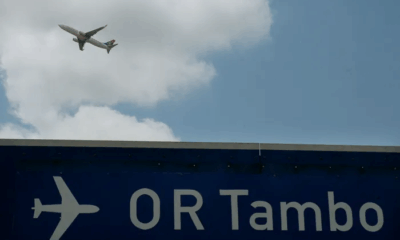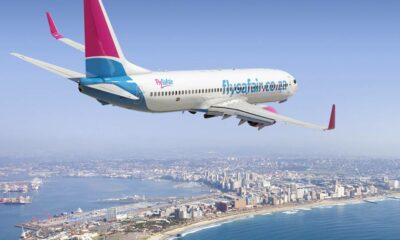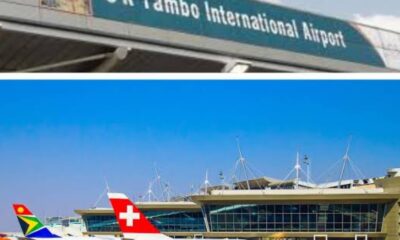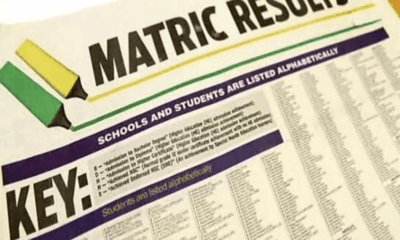Business
FlySafair Wins Court Reprieve in Landmark Ownership Battle
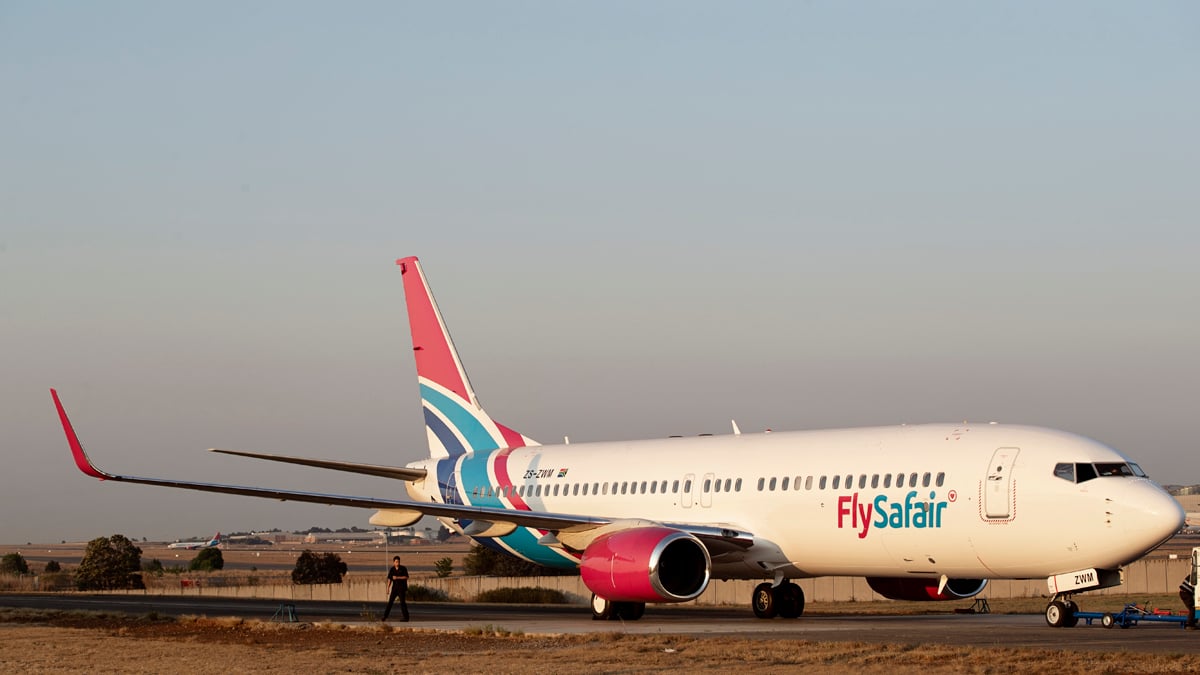
High Court Gives FlySafair Breathing Room
South Africa’s busiest low-cost airline, FlySafair, has earned a crucial reprieve in its long-running ownership dispute after the Gauteng High Court in Pretoria granted an urgent interdict removing a looming January 2026 deadline to restructure its shareholding.
The decision effectively pauses any penalties while the airline continues to fight a complex legal battle over its compliance with local ownership laws.
The Core of the Dispute
At the heart of the matter is a key rule in South African aviation law: at least 75% of a domestic airline’s voting rights must be held by South African residents. The law aims to prevent foreign control of local carriers.
However, FlySafair’s parent company, Ireland-based ASL Aviation Holdings, reportedly owns 74.86% of the airline, just shy of full control, but still far above the foreign ownership limit.
The issue dates back to 2019, when a restructuring allegedly shifted most of the airline’s shares into foreign hands. The Air Services Licensing Council (ASLC) later ruled that the setup breached national regulations.
Competitors Airlink and Global Aviation (operator of LIFT) lodged complaints in 2022, arguing that FlySafair’s structure gave it an unfair financial edge and access to cheaper capital.
A Case Unlike Any Other
FlySafair has consistently maintained that it wants to comply but says the ASLC failed to clarify what form of restructuring would meet the law’s requirements. According to chief marketing officer Kirby Gordon, the airline repeatedly sought meetings with the council but received no clear guidance.
Frustrated by the lack of response, FlySafair took the matter to court. The airline argued that the council’s interpretation, that ownership must rest with individual South African citizens, not companies or trusts, was unrealistic, as few individuals could afford to own an airline outright.
The High Court’s ruling now gives FlySafair time to have its case properly heard before any enforcement begins.
Industry Experts Weigh In
Aviation analyst Guy Leitch said the court’s move demonstrates that it recognises the case’s complexity and FlySafair’s good faith.
“It’s clear they weren’t going to reach a final decision by the original deadline,” he explained. “The court has given the process space to play out fairly. This shows it understands FlySafair is following the proper legal route.”
Leitch described the situation as unprecedented in South Africa. “This is the first time an airline’s foreign shareholding has been challenged like this. The result will set a major precedent for aviation law,” he said.
He added that the ruling was logical and fair. “The judiciary essentially gave itself more time to address a complicated legal question properly. This isn’t a simple numbers game; it’s about defining what ‘South African ownership’ actually means.”
What Happens Next
FlySafair has not yet made changes to its shareholding. The airline says it will only do so once it receives clear definitions of compliance from the council.
While competitors argue that FlySafair’s foreign investors give it an unfair advantage, the court’s intervention signals that due process must come first. For now, the ruling keeps South Africa’s top domestic airline in the skies and sets the stage for a landmark legal showdown that could reshape aviation ownership rules across the country.
Also read: Amazon and Vodacom Plug Into South Africa’s Largest Solar Power Project
Follow Joburg ETC on Facebook, Twitter, TikT
For more News in Johannesburg, visit joburgetc.com
Source: Business Tech
Featured Image: Daily Investor



